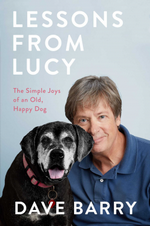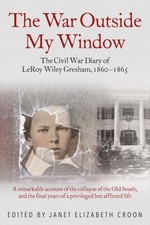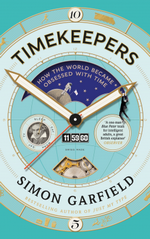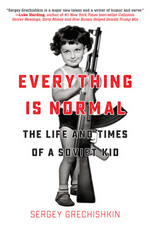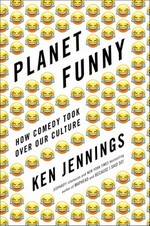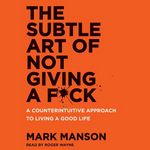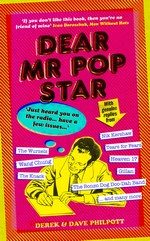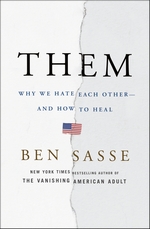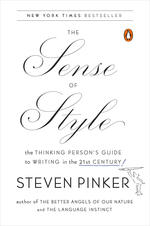The point of these quick takes post to catch up on my “To Write About” stack—emphasizing pithiness, not thoroughness.
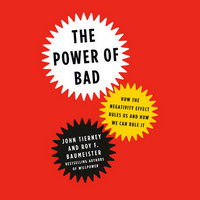 |
The Power of Bad: How the Negativity Effect Rules Us and How We Can Rule Itby John Tierney and Roy F. Baumeister, Paul Bellantoni (Narrator) |
(the official blurb)
Ignore the chapter where the authors totally misunderstand the evangelistic work of Whitefield and Edwards in the 1700s (and the part where the Narrator couldn’t pronounce Whitefield’s name correctly, over and over and over and over), and I really liked this.
The way the authors explain negativity bias—and then apply it to improving our jobs/careers, marriages, and more. Utterly fascinating. I probably need to read and/or listen to this a few more times, and maybe take notes at least once before I can both articulate what I find helpful here—and what I find problematic.
But it’s the kind of book that makes you think about things in a way you probably haven’t before. While being counter-intuitive, much of it rings true. And best yet, it’s a good read/listen—engaging and entertaining.


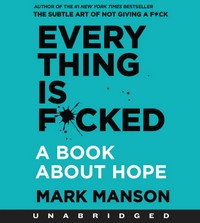 |
Everything is F*cked: A Book About Hopeby Mark Manson |
(the official blurb)
Manson’s warmed-over Stoicism didn’t work nearly as well for me as it did in his first book. The writing was almost as good—but not as clever, I just think it’s not as well written. The topics interested me, but I found myself questioning his basic premises in almost every instance.
Ultimately, his hope is founded on a total lack of foundation—he finds it freeing, I find it unstable and doomed to failure. It’s hard getting my point across short of a 20-30 page paper examining the book, and I just don’t care enough to undertake it.
I actually enjoyed a lot of it, but I also found myself annoyed and/or mildly angry with this one for significant portions of the time.


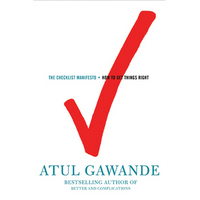 |
The Checklist Manifesto: How to Get Things Rightby Atul Gawande, John Bedford Lloyd (Narrator) |
(the official blurb)
First off: Gawande is a doctor/surgeon, and a lot of his illustrations and examples are surgical in nature. A bit too detailed for me early on—I’m a little more squeamish about real-life blood and guts than most people. I figure most readers won’t be bothered by it like me (some may not even call it detailed).
Anyway, it’s a simple premise, but seeing how checklists have been used by pilots, surgeons, investment bankers and the like is utterly fascinating. There’s just no way that I can make it sound like it. Could’ve been a little longer, could’ve used a little more guidance on how to implement it for yourself.
Still, at the end of the day, more fun, more interesting than you’d think a book about checklists would be.

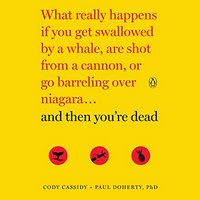 |
And Then You’re Dead: What Really Happens If You Get Swallowed by a Whale, Are Shot from a Cannon, or Go Barreling Over Niagaraby Cody Cassidy, Paul Doherty, Dennis Boutsikaris (Narrator) |
(the official blurb)
So, yeah, what I said about squeamish earlier? Pushed to the edge a couple of times in this short read/listen. It’s all about the science behind what would happen to you if say, stowed away in an airplane, stowed away on a trip to the Moon, fell into the works at a Pringles factory, ate the same number of cookies as the Cookie Monster—and more.
It’s funny (thankfully, or I couldn’t have made it through a couple of spots), informative, creative—and a great way to spend a few hours. At one point the authors tell the reader not to do a google search on one topic. First, that hadn’t even begun to cross my mind as a good idea. But secondly, given the detail they’d used when describing what happens to a human body shot out of a cannon, or swallowed by a whale, and several other topics, when they say, “don’t go looking at pictures of something”? I am taking their word for it.
I had a blast listening to this. If I taught high school science, I’d have at least one copy of this on hand for reference or to pass along to students. Since I don’t, I just have to remember some of these stories/theories for my own amusement.



This post contains affiliate links. If you purchase from any of them, I will get a small commission at no additional cost to you. As always, opinions are my own.
![]()


